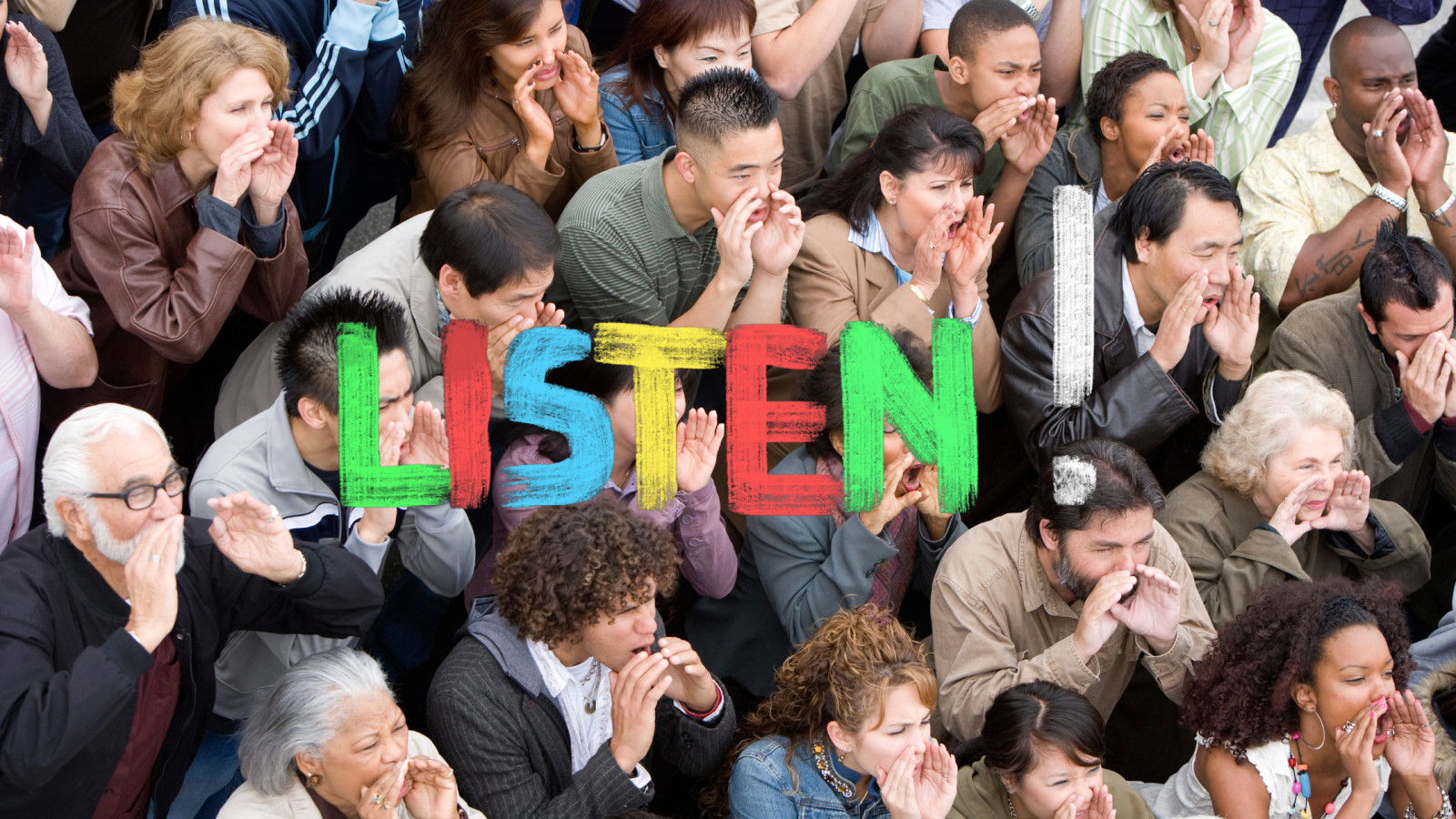
One unexpected benefit of my recent downsizing was the chance to spend some quality time in Delaware with my mom, my sister, her husband — and Hondo, their dog. While the visit was relaxing and much needed, we also took care of an important medical issue for my mom — which taught me something unexpected about communication and connection.”
Over the past few years, my mom — who has earned every bit of her well-deserved age — had been showing signs of hearing loss. This is not abnormal; age related hearing loss is common and is often hereditary.
During my visit, I took her to an audiologist appointment. No surprise here, the test showed some hearing loss — but nothing that a good pair of hearing aids couldn’t fix. So, she took the next step and got fitted for her own devices.
This week, I went back to Delaware and mom, and I pick up her new hearing aids. I can’t begin to describe how much the smile on my mom’s face warmed my heart. I could tell this had been a real struggle for her, and now, for the first time in a long time, she could hear clearly again.
Then Mom said something that stopped me in my tracks:
“Now I won’t be embarrassed because I can’t understand what people are saying.”
At first, that might sound like a simple statement — but it hit me hard. My mom has always been a social butterfly. But over the past few years, I’d noticed her becoming a bit more reserved, especially around people she didn’t know well. Sure, she was still social with close friends and family, but not quite her usual self in public settings.
Had she been avoiding conversations because she felt embarrassed or insecure about not being able to hear clearly? If that was the case, I hope these new hearing aids bring back the vibrant, social mom I know and love.
Are We Really Listening?
That moment with my mom made me realize something bigger — this wasn’t just about hearing loss; it was about how we communicate with each other every day. How often do we hear people’s words but miss the deeper meaning?
We live in a world of constant noise — notifications, social media updates, breaking news, and endless distractions. But when it comes to actual human connection, are we hearing the words that are coming out of people’s mouths? Are we paying attention to the emotions behind those words, the expressions on their faces, the body language that reveals what they might not be saying out loud?
In a time when communication is easier than ever, genuine understanding feels harder to find. My mom’s experience reminded me that listening isn’t just about hearing — it’s about making someone feel seen, valued, and understood.
Maybe the key to improving our listening skills isn’t just about speaking more clearly — it’s about listening more closely.
Are You Really Listening — or Just Waiting to Speak?
Author Stephen Covey once said, “Most people do not listen with the intent to understand; they listen with the intent to reply.” And honestly — that hits home.
How many times have you been in a conversation where you’re already crafting your response before the other person even finishes talking? Or maybe you’re half-listening while thinking about how to defend yourself, give advice, or share your own story.
While I consider myself a thoughtful listener, I can certainly relate. There was a time – not so long ago – that I was the master of the quick response, advice, and defense tactic when having what I thought were conversations. Over the last few years and certainly since I started my coaching practice, really listening to what is being said and understanding context have been top of mind. However, I still struggle, especially with family and friends to fully listen.
I’m sure we’ve all been there — but Covey’s point is that this kind of listening isn’t really listening at all.
When you listen with the intent to reply, the conversation stays shallow. It’s like playing verbal ping-pong — just batting words back and forth without really hearing what’s underneath them. And that’s where things get messy — misunderstandings happen, people feel dismissed, and real connection slips away.
Why We Don’t Listen
There is a very clear reason, why we are not listening. I mentioned it earlier-are we hearing the words coming out of people’s mouths. Yes, we are hearing the words and therein lies the problem.
Merriam-Webster’s definition of HEAR is to perceive or become aware of (sound) by the ear.
We hear the words, but we are not listening.
Merriam-Webster’s definition of LISTEN is to pay attention to sound; to listen with thoughtful attention.
We’re by and large clearly not doing that. Just look at the discord in communications in the past few years.
Why Listening Is Harder Than You Think
Dr. Michael P. Nichols, in his book The Lost Art of Listening, makes a powerful point: “Listening is hard work.” He goes on to say that it requires “concentration, effort, and self-restraint.” And honestly, he’s right — listening sounds simple, but doing it well is anything but easy.
Think about the last time you were in a conversation. Were you fully tuned in, or were you mentally preparing your response? Were you listening to understand — or just waiting for your turn to talk?
The truth is, listening is hard because it demands more from us than just being present. It’s not just about hearing words — it’s about connecting with the meaning behind them. And that’s tough because a lot of things get in the way. Here’s why most of us struggle with listening:
➡️ We Want to Share Our Own Stories
It’s human nature to want to relate. When someone tells us something, we immediately search our mental files for a similar experience so we can chime in with, “That happened to me too!” But instead of helping, this shifts the focus away from the speaker and onto ourselves — and that’s not really listening.
➡️ Emotional Discomfort Makes Us Shut Down
Let’s be honest — sitting with someone else’s pain or discomfort is hard. It’s tempting to jump in with advice or try to lighten the mood. But sometimes, people don’t need a solution — they just need to feel heard.
➡️ We Get Defensive
When conversations hit a nerve, our defenses go up. Instead of hearing what the other person is saying, we start preparing a counterargument. That’s not listening — that’s debating.
➡️ We’re Bored
Not every conversation is thrilling. If the topic doesn’t grab our interest, it’s easy to mentally check out — but that disconnect sends the message that the speaker’s words don’t matter.
➡️ We’re Distracted
Phones buzzing, thoughts wandering, kids yelling — life is noisy. Even when we want to listen, distractions make it hard to stay focused. True listening means tuning out the noise — both external and internal.
➡️ We’re Focused on What to Say Next
This might be the biggest barrier of all. While the other person is talking, we’re already forming our response. We’re planning the perfect reply instead of absorbing what’s being said — and that means we’re missing the point entirely.
Want to Be a Better Listener?
Listening well is about more than staying quiet — it’s about being present. It means setting aside your own thoughts and giving the speaker your full attention. It’s about resisting the urge to fix or respond and instead asking, “Do I really understand what they’re saying?”
Dr. Nichols reminds us that listening is a skill — and like any skill, it takes practice. But when we get it right, listening becomes one of the most powerful tools we have for building connection, trust, and understanding.
When was the last time you felt heard?
Micheal Covey says that when someone feels truly heard, it changes everything. It builds trust. It opens the door for vulnerability. It makes people feel safe to be real.
5 Ways to Hear What’s Really Being Said
Listening sounds easy — but doing it well? That’s next-level. True listening isn’t just about hearing words — it’s about connecting with the person behind them. If you want to build stronger relationships and create deeper understanding, here are five powerful tips to level up your listening game:
✅ Be Present — Like, Really Present
Put down your phone. Stop thinking about your to-do list. Make eye contact. When you’re fully present, you’re sending the message, “You matter. I’m here for you.” Listening isn’t just about hearing — it’s about showing up with your full attention.
✅ Resist the Urge to Fix It
When someone shares a problem, it’s natural to want to jump in with advice or solutions. But most people don’t need you to fix anything — they need to feel heard. Try this instead: “That sounds really hard. Tell me more.” Give them space to process without rushing in to save the day.
✅ Listen for What’s Not Being Said
Words are just part of the story. Pay attention to tone, body language, and facial expressions. Are they saying they’re “fine” while looking down at the floor? Don’t be afraid to gently ask, “You say you’re okay — but are you really?” Listening means tuning into the whole person, not just their words.
✅ Get Comfortable with Silence
Silence can feel awkward — but it’s where the magic happens. Sometimes people need a moment to gather their thoughts or process their feelings. Don’t rush to fill the gap. Let the silence breathe — it’s often where the truth comes out.
✅ Ask Questions That Go Deeper
Instead of surface-level responses like, “Wow, that’s crazy,” ask follow-up questions like: “What did that feel like?” or “How did that affect you?” When you show genuine curiosity, it opens the door for deeper connection — and that’s what PR4LIFE is all about.
Final Thought – Really Listen!
Listening is a skill — and like any skill, it takes practice. But when you commit to listening with intention, you don’t just hear people — you see them. And that’s where real connection begins.
Covey’s quote is a reminder that real connection starts with listening — not talking. Listening to understand is how we bridge gaps, build trust, and create meaningful connections. The next time you’re in a conversation, try slowing down. Don’t think about what you’re going to say next. Just listen. Absorb. Let there be silence if needed. And instead of jumping in with a quick reply, ask yourself: Do I really understand what they’re saying?
It’s not always easy — but it’s always worth it.
If any of this resonated with you, you’ve now got some tools to help you listen better. Let me know what you’ll do to improve in the comments and remember we’re all a work in progress.










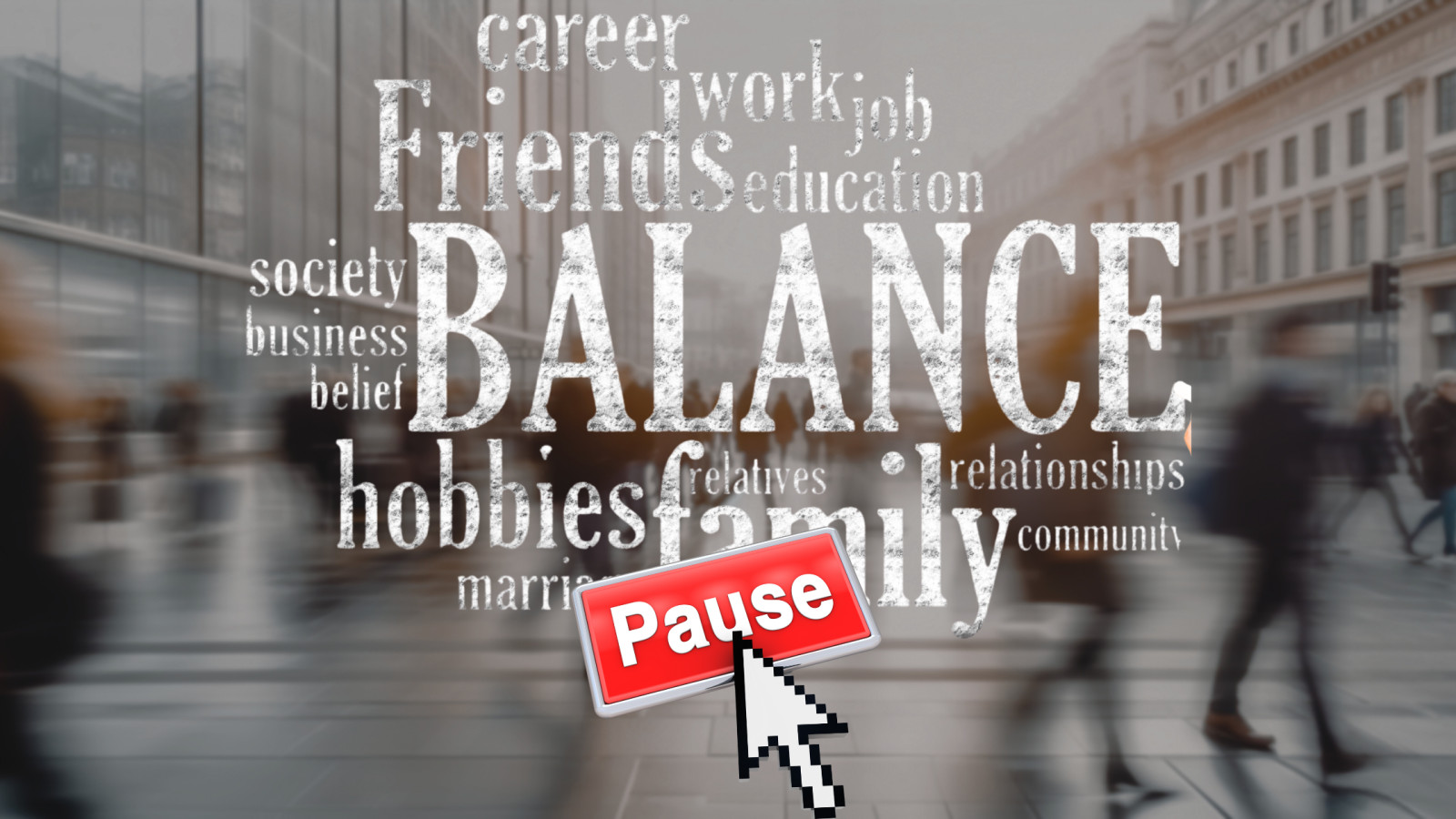

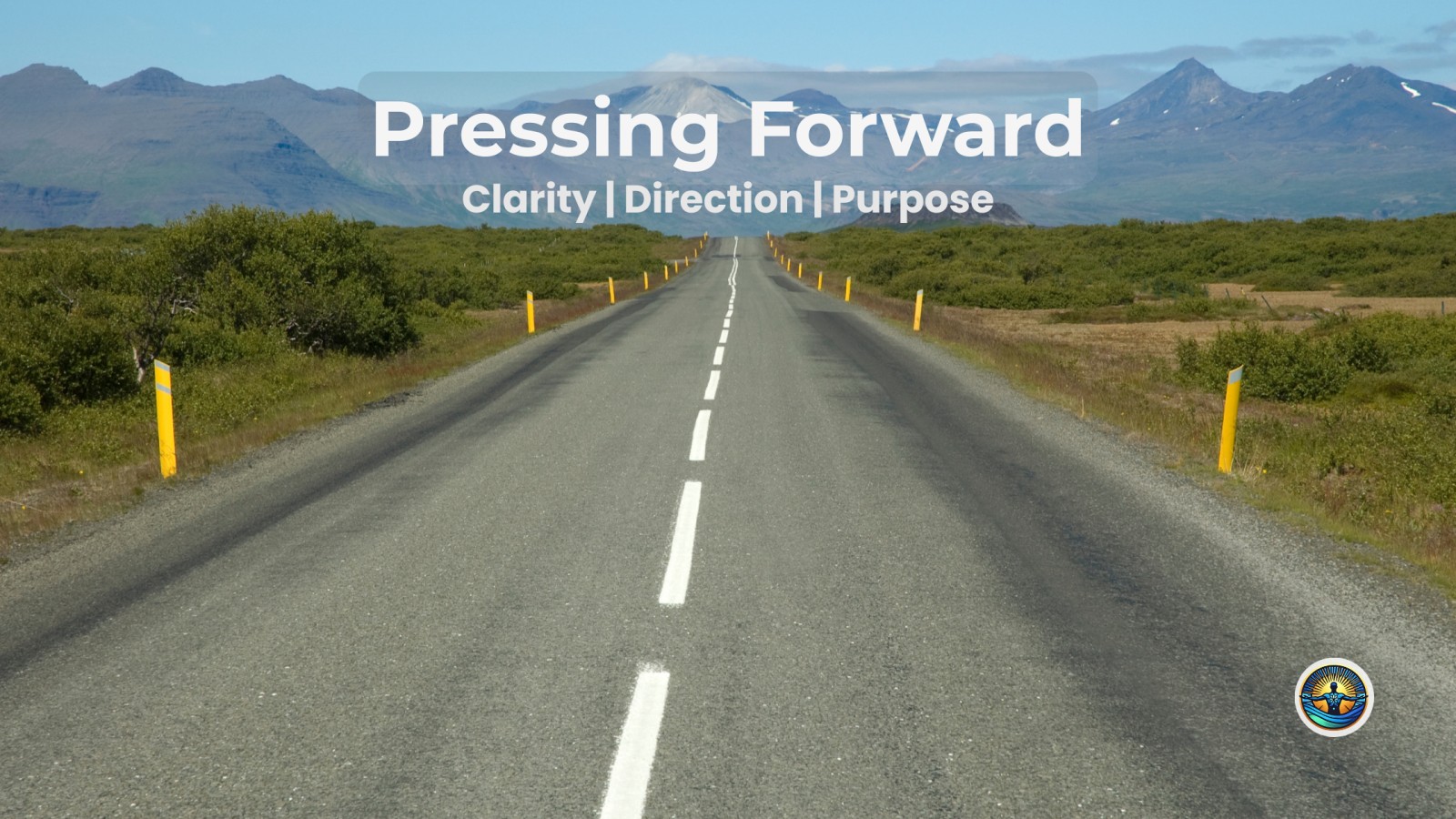
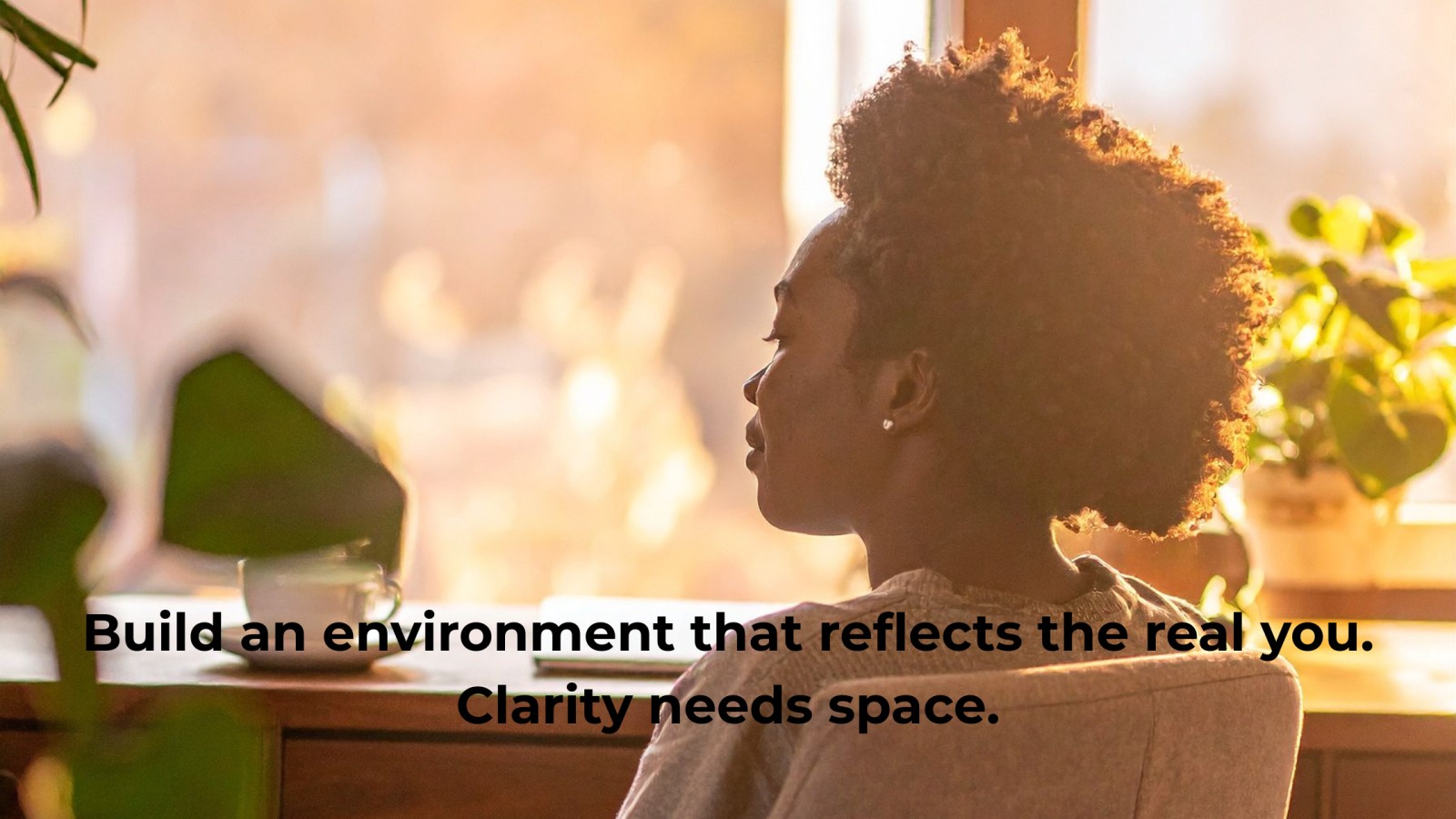

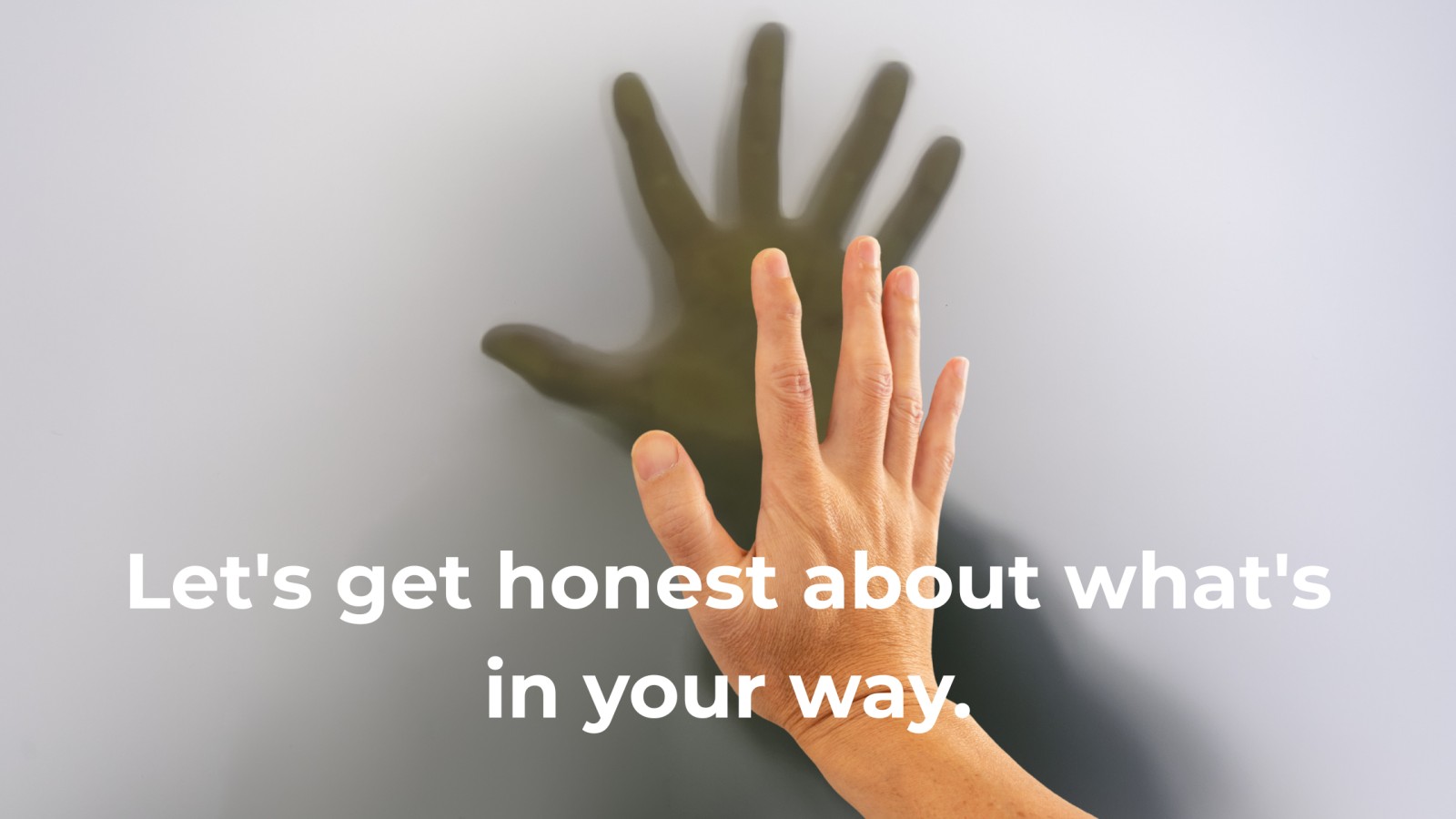

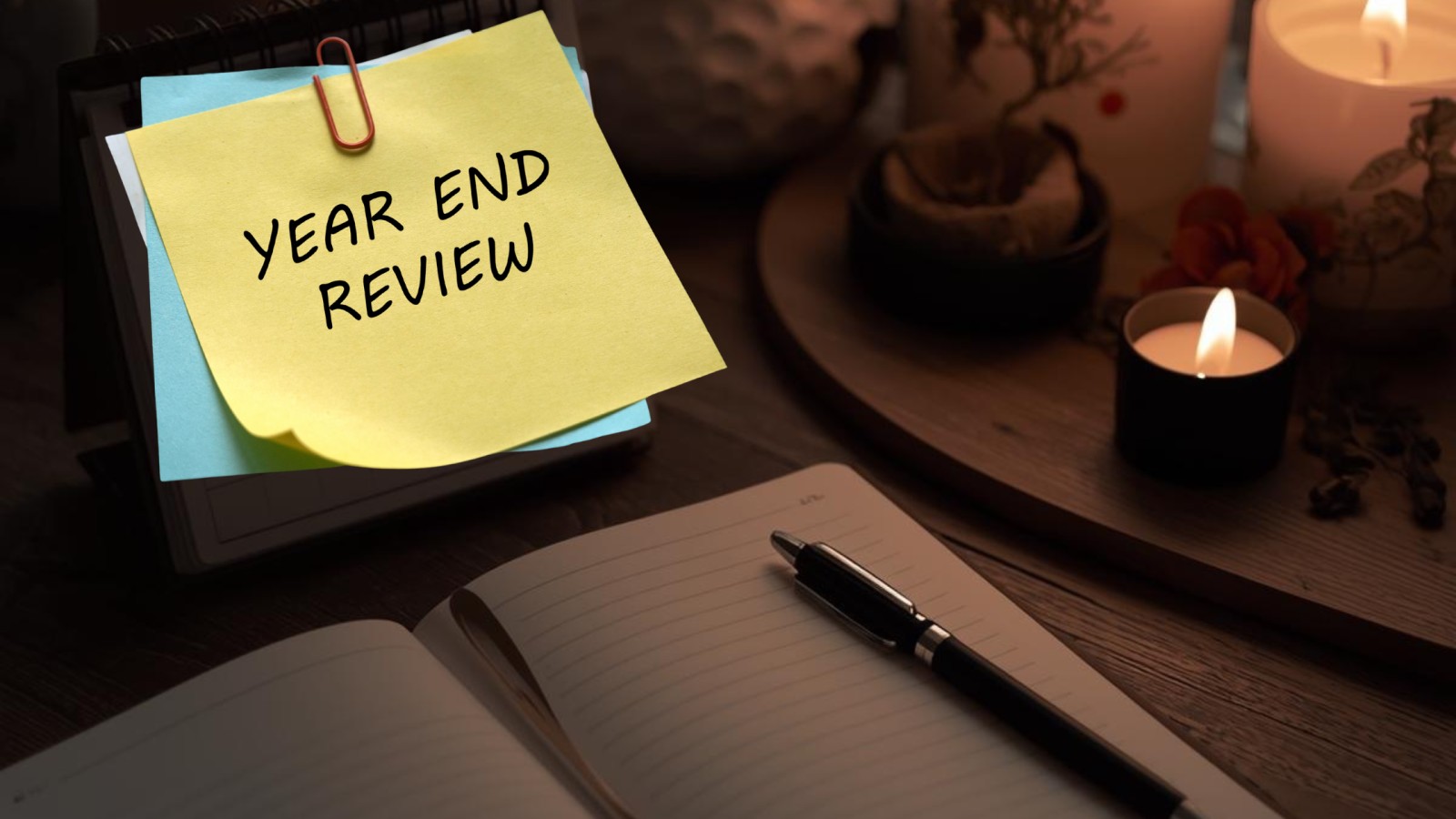
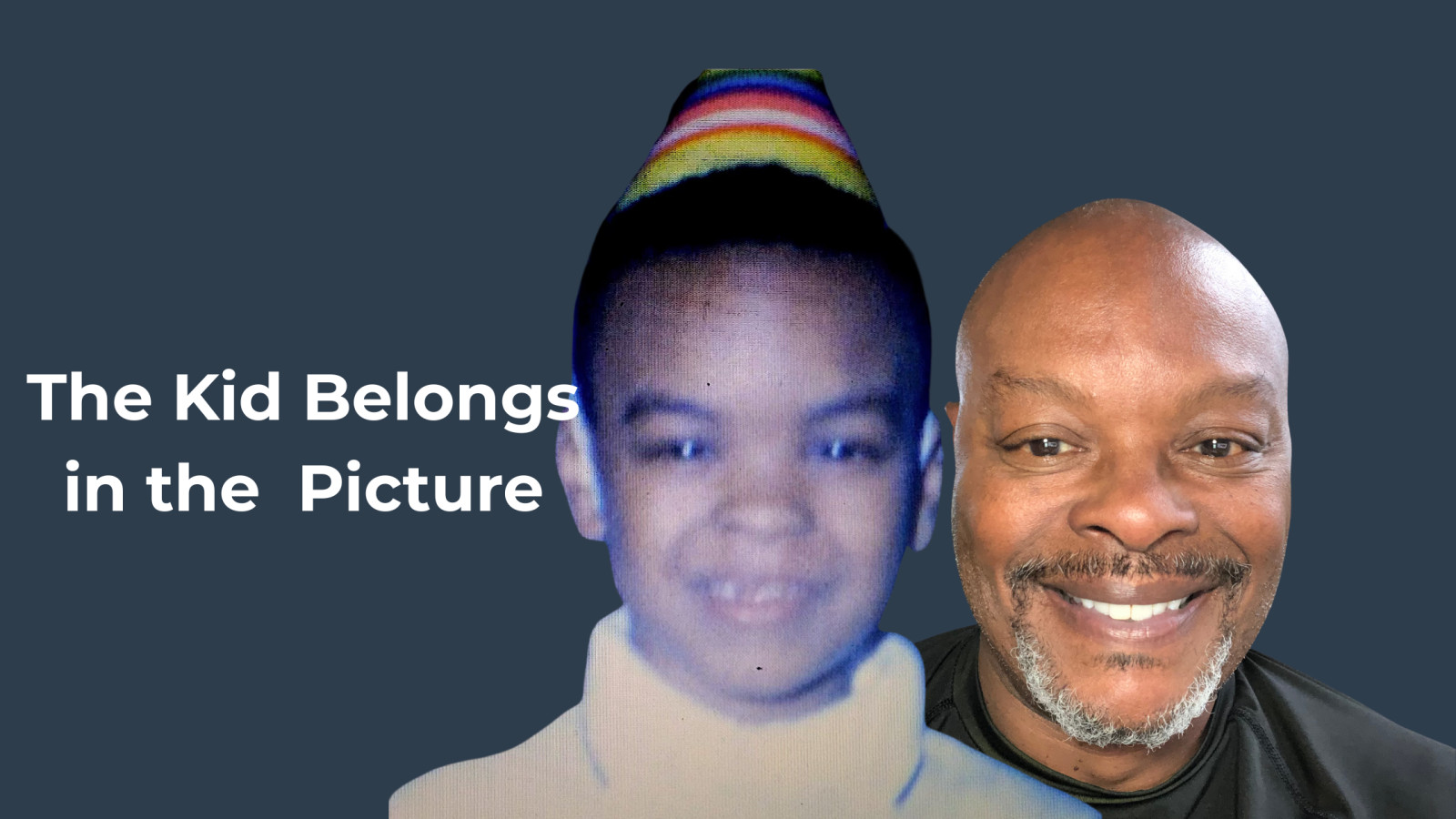
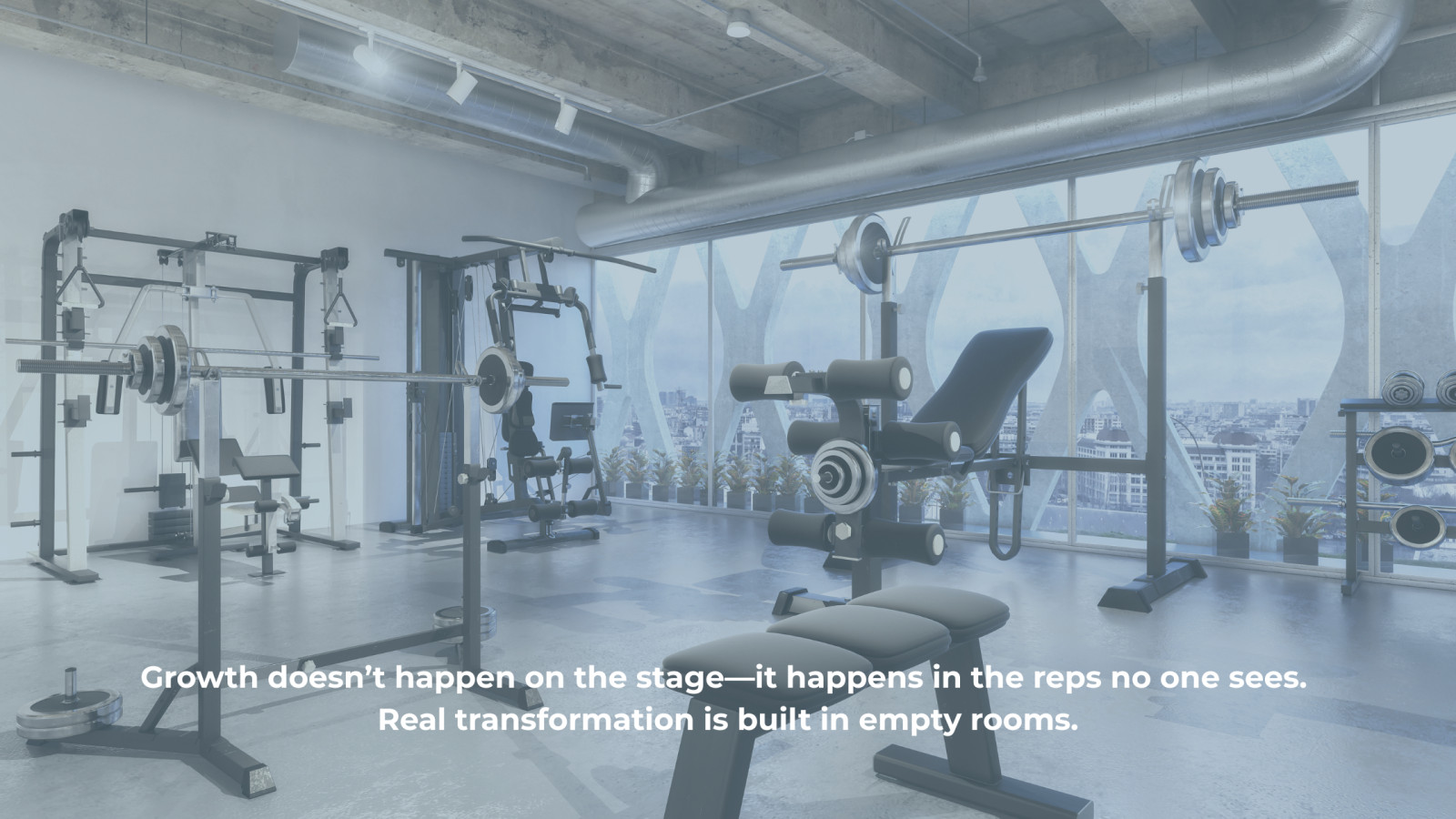
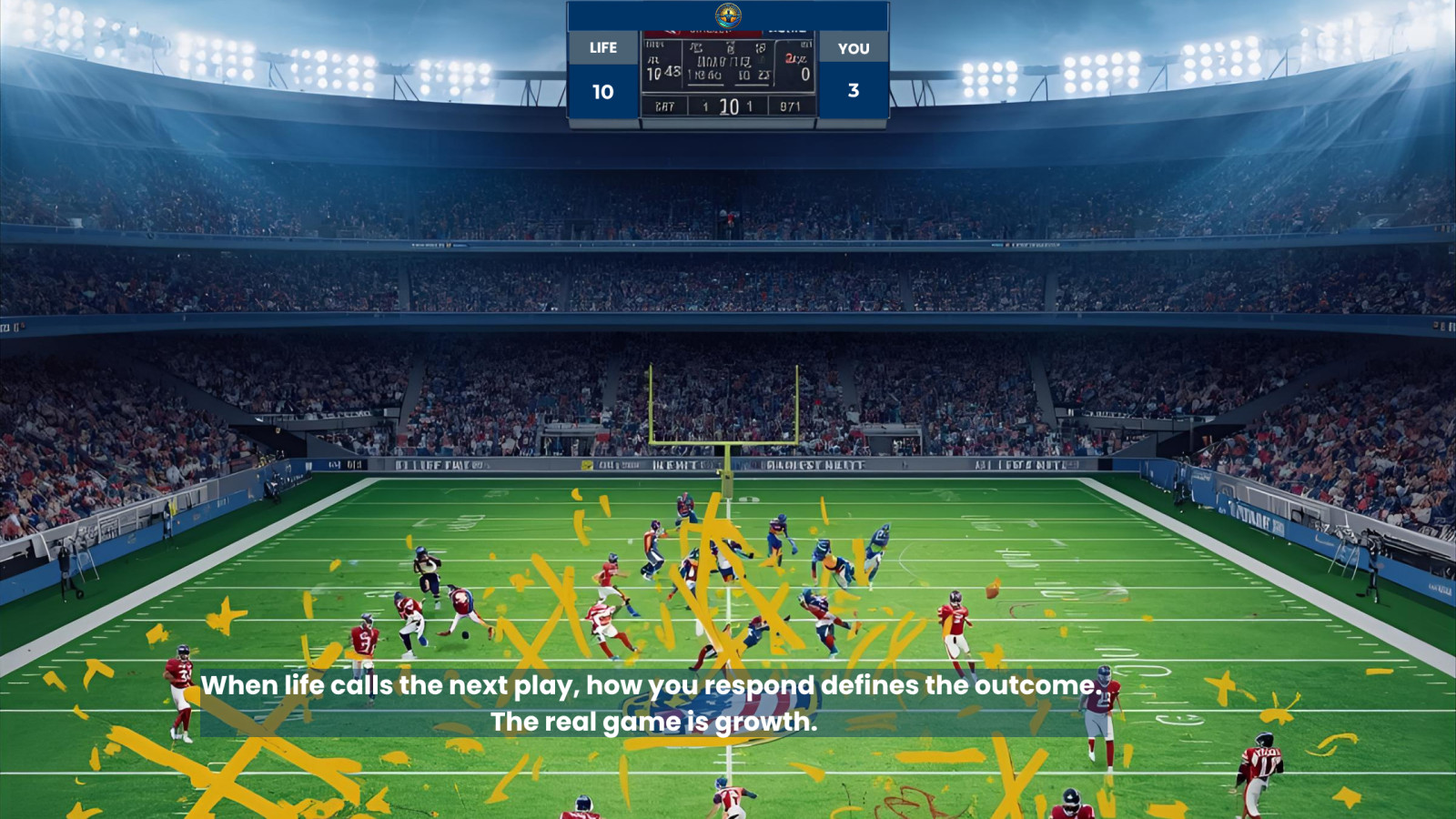
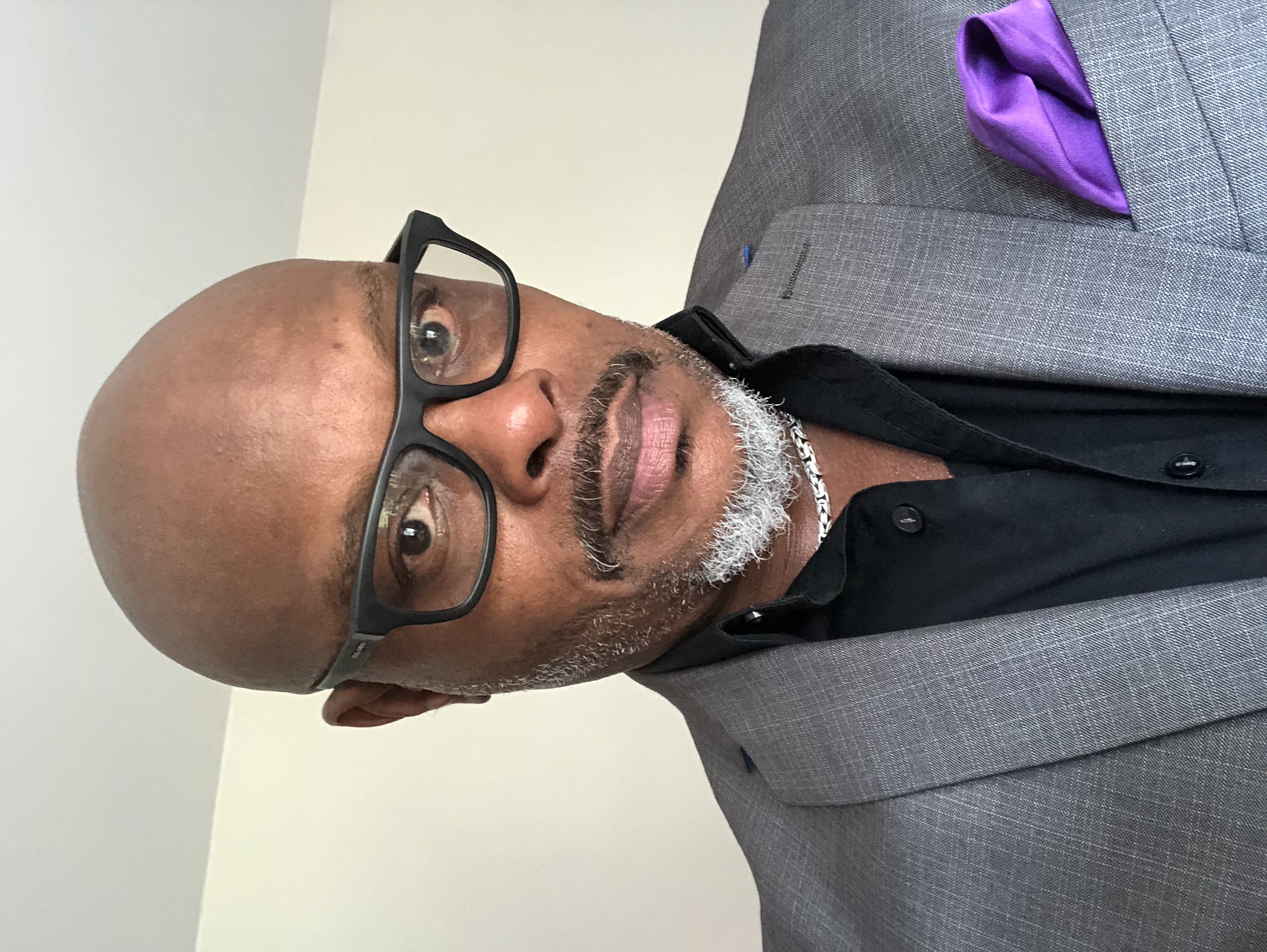
0 Comments